The Atlas of Drowned Towns is a public history project that explores the histories of communities that were displaced or disappeared to make way for the reservoirs for what are called “river development projects” -- aka large dams. The Atlas project begins with a focus on the American West, where federal, state, and private entities have built massive hydroelectric, irrigation, and flood control dams that tower over rivers big and small, from the Snake and Sacramento to the Columbia and Colorado. Beneath the shadows and underneath the reservoirs of these dams lie the remnants of homelands, towns, villages, and other homes that were displaced or eliminated to make way for twentieth-century ideas of progress. For the broader public as well as policy makers, these disappeared places have passed out of memory and into myth. Recovering the submerged pasts of lost communities will reveal the historical significance of marginalized places in the American West, encourage appreciation of the complexity of such places, and provide lessons for the future of river development and community displacement.
From its current focus on the tributaries of the Willamette River in Oregon, USA, the Atlas of Drowned Towns will expand to other western American watersheds and then to lost communities elsewhere in North America and beyond.

Our Core Values
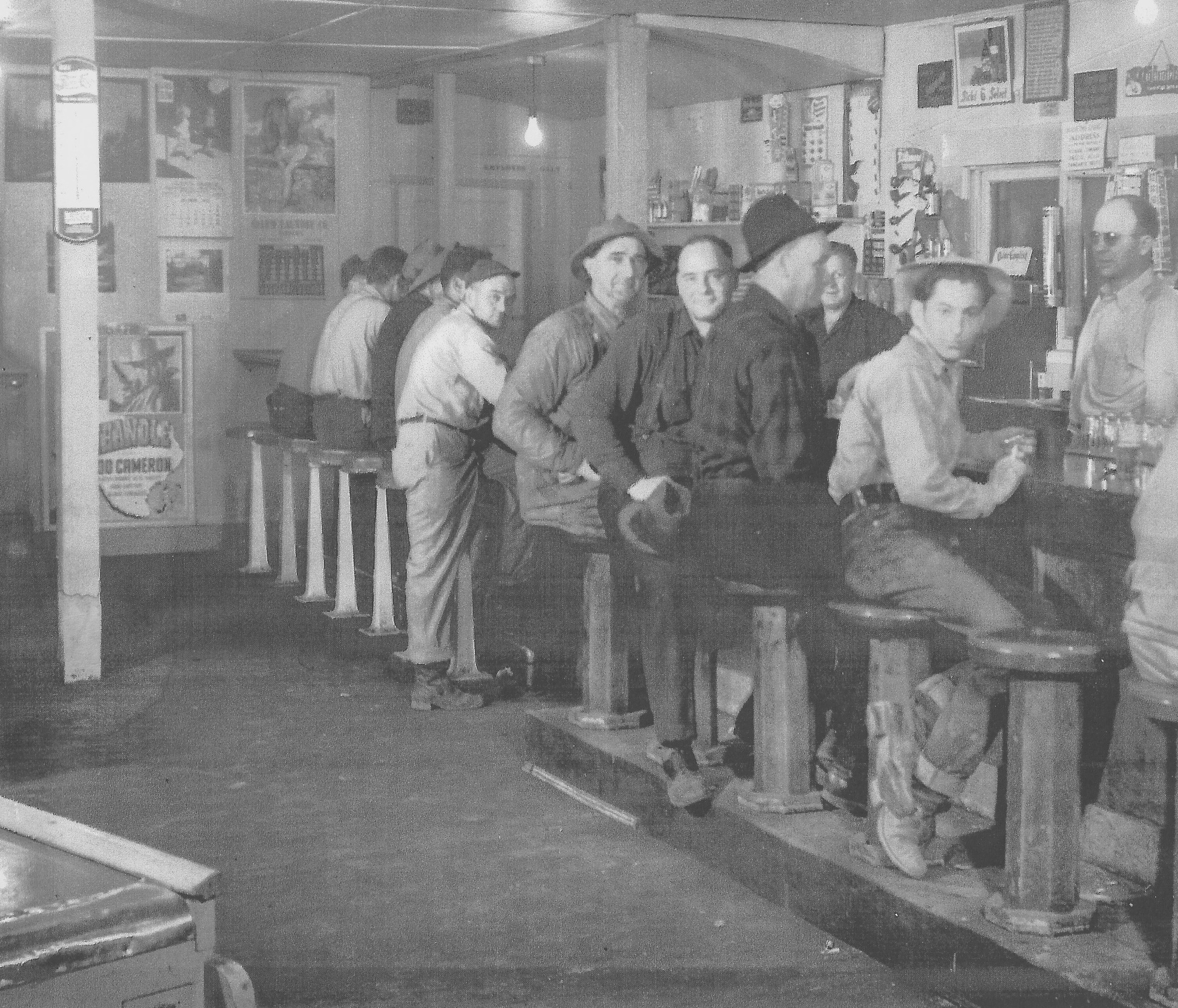
Community Focused
Emphasizes the perspectives and experiences of displaced people and their descendants.
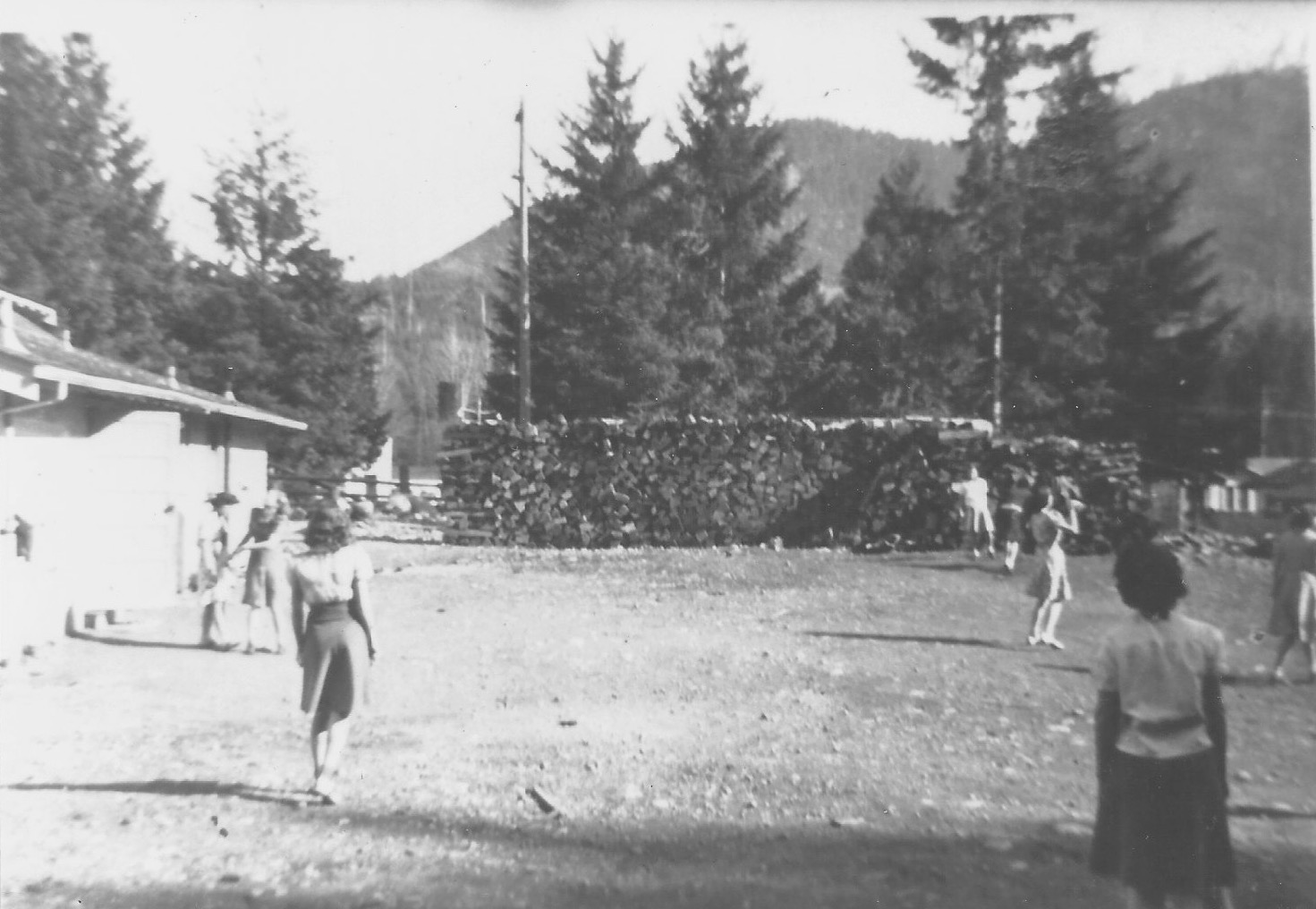
Collaborative
Seeks to work with local historical societies, Tribal governments, federal agencies, private companies, and other interested scholars and students.
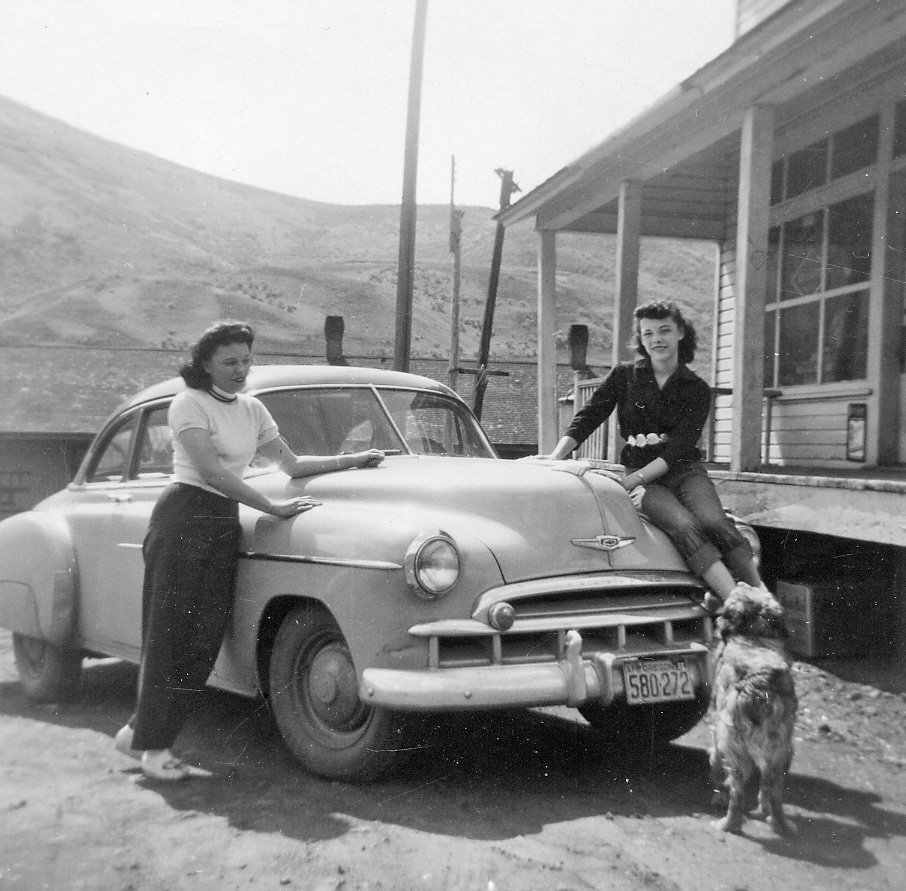
Comparative
Provides ways to compare, contrast, and learn from the diverse processes and experiences of displacement.
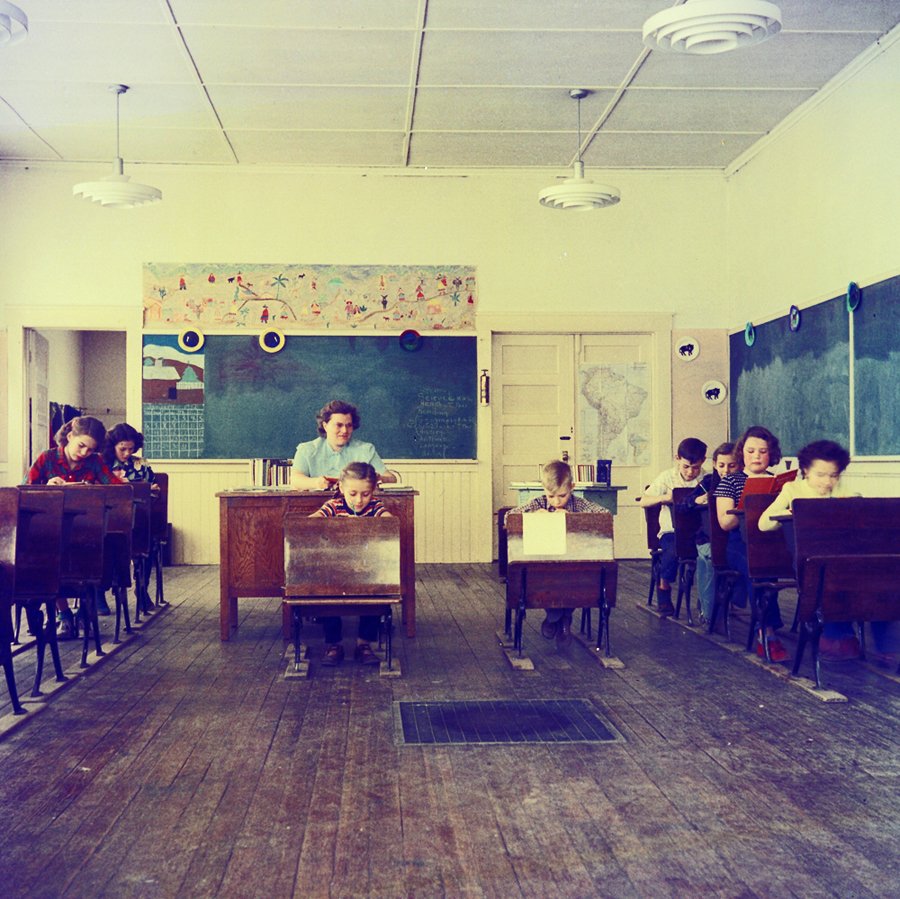
Coherent
Provides a platform by which to navigate between and make sense of the histories of these diverse communities.
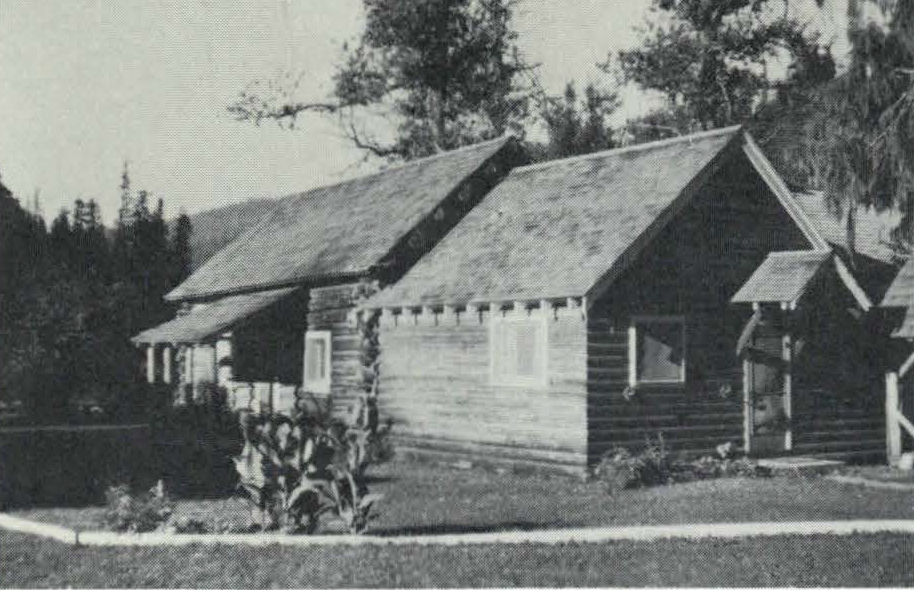
Comprehensive
Encompasses the myriad kinds of homes displaced and disappeared by reservoirs, from incorporated towns to unincorporated villages to Tribal homelands and isolated farms and villages.
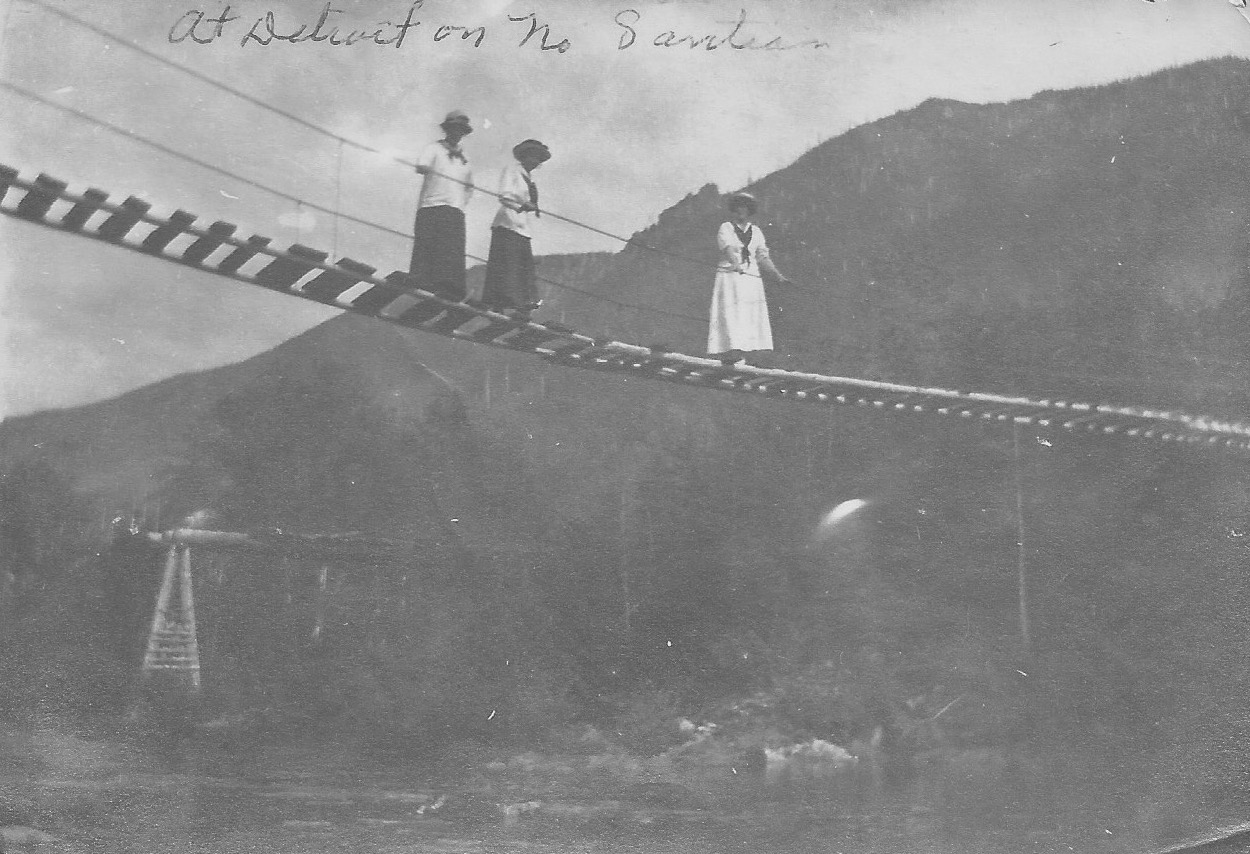
Connected
To the many other scholars and people working on histories of displacement.